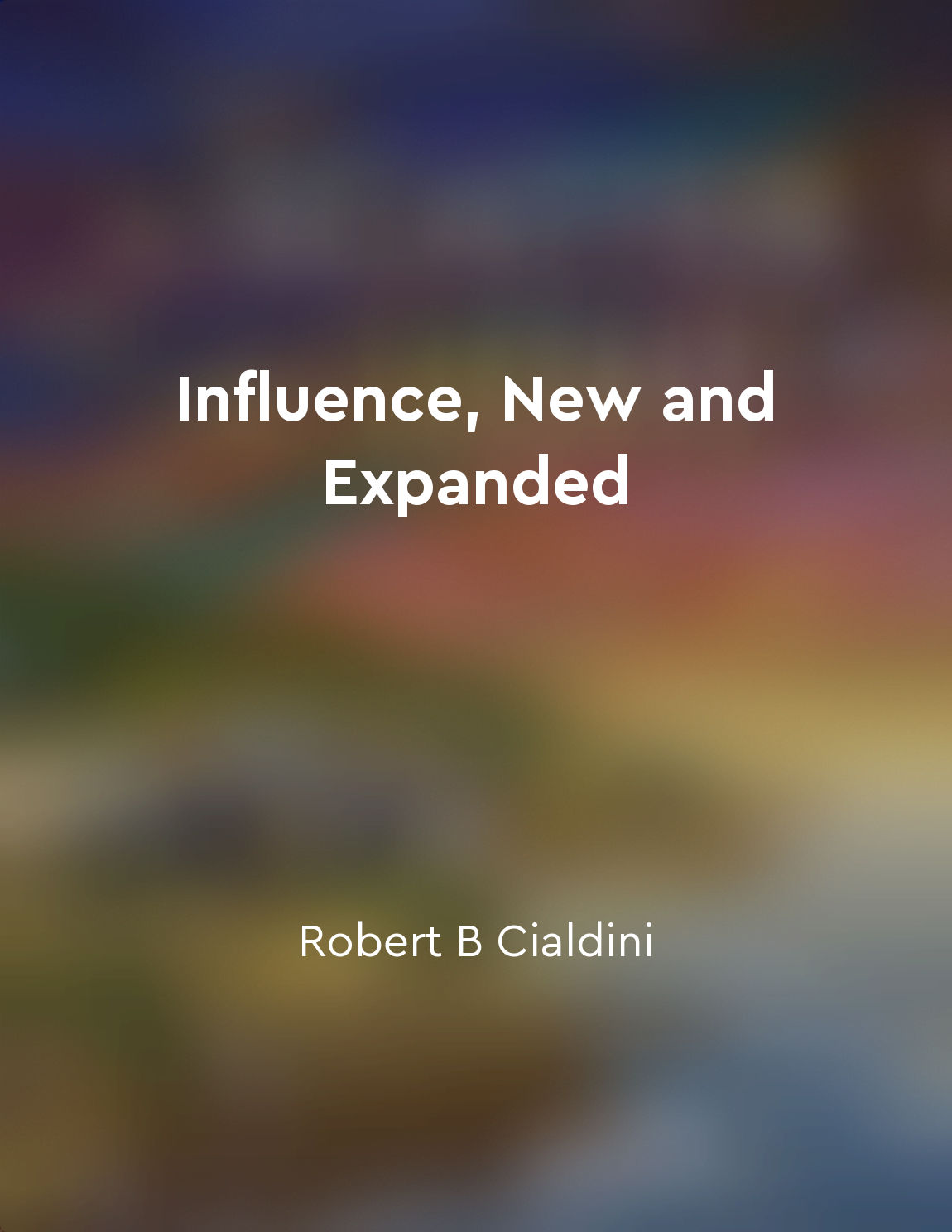Memes are cultural replicators that shape society from "summary" of Darwin's Dangerous Idea by Daniel C. Dennett
In Darwin's Dangerous Idea, Dennett introduces the concept of memes as cultural replicators that have the ability to shape society in profound ways. Memes, much like genes, are units of cultural evolution that are passed down from one generation to the next through imitation and replication. These memes can be anything from ideas and beliefs to behaviors and practices that spread throughout a population. Just as genes can influence the physical traits of organisms, memes can influence the beliefs, values, and behaviors of individuals and societies. Memes that are successful in replicating themselves may become dominant within a culture, shaping the norms and practices that govern social interactions. This process of cultural evolution can have a significant impact on the development of societies over time. Dennett argues that memes have the power to shape the beliefs and values of individuals, influencing their decision-making processes and ultimately shaping the direction of society as a whole. Memes that are able to effectively replicate themselves may become deeply ingrained within a culture, influencing the way people think and act in various social contexts. By understanding memes as cultural replicators, we can gain insight into the ways in which ideas and beliefs spread throughout society and influence the behaviors of individuals. This concept helps us to see how cultural evolution operates in a similar way to biological evolution, with successful memes being passed down and shaping the development of societies over time.- Memes are powerful forces that play a crucial role in shaping the beliefs, values, and behaviors of individuals and societies. By recognizing the influence of memes in cultural evolution, we can better understand the ways in which society is shaped and transformed by the ideas and practices that are passed down from generation to generation.
Similar Posts
Confirmation bias leads us to seek out information that supports our beliefs
Confirmation bias is a powerful force that often leads us to seek out information that aligns with our existing beliefs. It is ...
Our selfesteem is tied to how we are perceived by society
In Western cultures, individuals often gauge their worth based on how they are viewed by society. This phenomenon can be traced...
Social norms influence individual behavior
It is a common belief that individuals make decisions based on their own preferences and desires. However, this perspective ove...
Human cooperation is based on shared goals
Human cooperation is a fundamental aspect of human social life. It is what allows us to work together towards common goals, to ...

Conditioning affects behavior
One of the most powerful factors that influence behavior is conditioning. Conditioning refers to the process by which individua...
We tend to assume we know more than we actually do
The idea that we tend to overestimate our own knowledge may seem counterintuitive at first. After all, we live in an age where ...
Information overload hinders our ability to learn
In our digital age, we are constantly bombarded with information from various sources. The sheer volume of data available to us...
Use the power of social proof to your advantage
Social proof is a powerful tool that can be harnessed to make our ideas or products more appealing to others. When we see peopl...
Human thinking is shaped by cultural learning
In humans, thinking is fundamentally shaped by cultural learning. This means that the way we think, perceive, and understand th...

